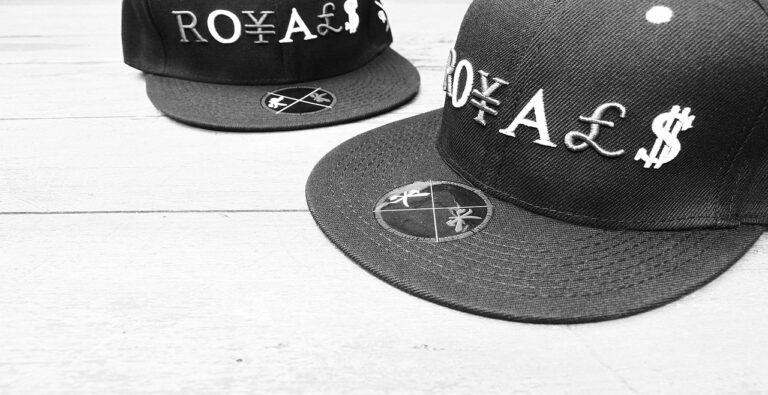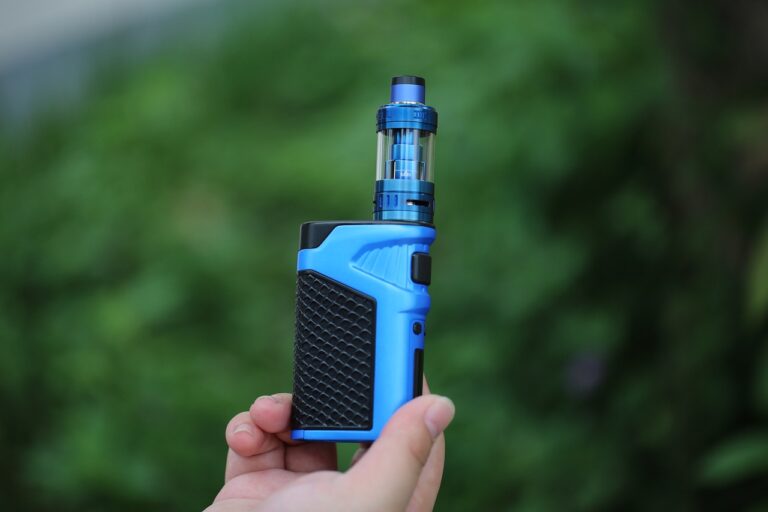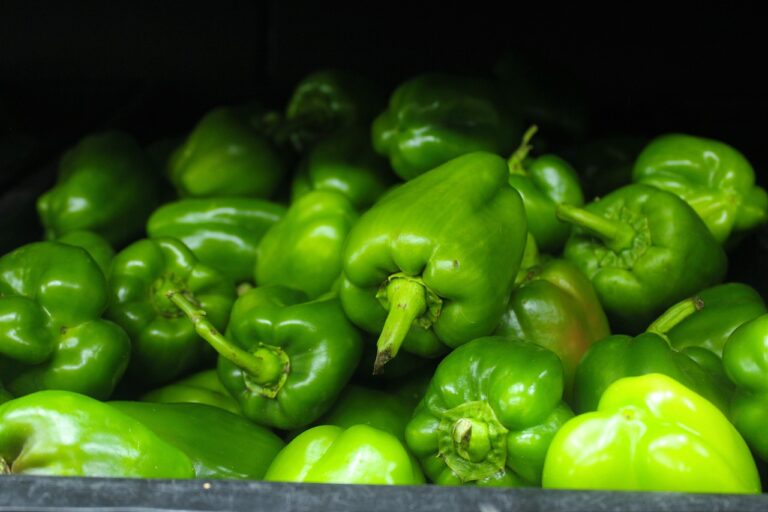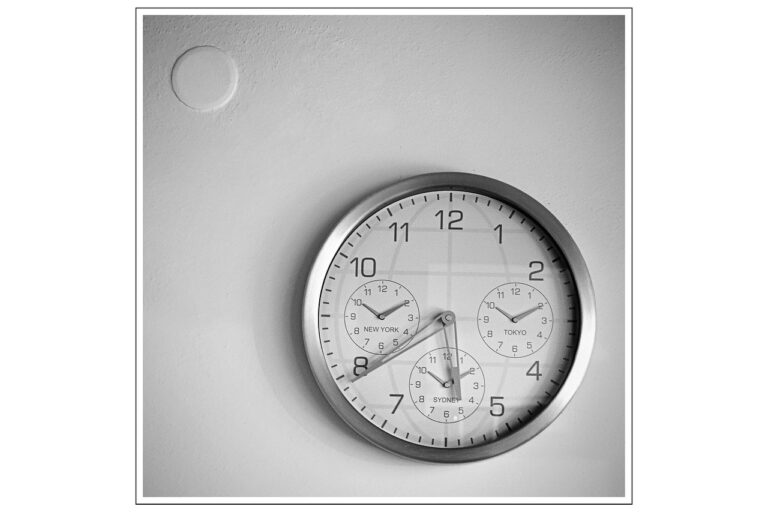From Ancient Egypt to Modern Times: A History of Perfume
99exch.com login, laser247 com, yolo 24/7 login:Perfume has been a beloved form of self-expression and luxury for centuries, with its rich history dating back to ancient Egypt. From fragrant oils used in religious ceremonies to artful blends created for royalty, the evolution of perfume has been a fascinating journey through time.
Ancient Egypt: The Birthplace of Perfume
Ancient Egyptians were the pioneers of perfume, with evidence of their aromatic creations dating back to around 3500 BC. Perfume was an essential part of their daily rituals, from religious ceremonies to personal grooming. The Egyptians believed that scent was a gift from the gods, and they used fragrant oils and balms for both spiritual and practical purposes.
One of the most famous ancient Egyptian perfumes was Kyphi, a complex blend of wine, honey, raisins, myrrh, and other exotic ingredients. It was used in temples for religious ceremonies and also as a personal fragrance. The Egyptians were skilled at extracting scents from plants, flowers, and resins, using techniques that are still used in perfumery today.
The Greeks and Romans: Perfume as a Luxury
The Greeks and Romans adopted many of the Egyptian perfume practices and further developed the art of perfumery. They used perfume as a status symbol, with the upper classes wearing elaborate scents to demonstrate their wealth and sophistication.
One of the most famous perfumes of ancient Rome was Livia, created by the wife of Emperor Augustus. It was a blend of myrrh, cinnamon, and balsam, and it was said to be a favorite of the empress. Perfume became an essential part of Roman life, with scented oils used for bathing, massage, and as personal fragrances.
The Middle Ages: Perfume as Medicine
During the Middle Ages, perfume took on a new role as a form of medicine. Perfumers were also considered apothecaries, creating fragrant blends believed to have healing properties. Scents like lavender, rosemary, and frankincense were used to treat ailments and purify the air.
Perfume was also used to mask the unpleasant odors of the time, as bathing was less common and sanitation was lacking. People carried pomanders – scented balls filled with spices and herbs – to ward off illness and bad smells. Perfume became a vital part of daily life, from the royal courts to the common folk.
The Renaissance: Perfume as Art
The Renaissance was a golden age for perfume, with artists and artisans creating intricate fragrances inspired by nature and art. Perfumers like Catherine de Medici and Marie Antoinette commissioned unique scents that reflected their personal style and taste.
One of the most famous perfumers of the time was Giuseppe Baldini, known for his skill in creating complex and luxurious scents. Perfume was seen as a form of art, with beautifully crafted bottles and packaging becoming as important as the fragrances themselves.
The Industrial Revolution: Perfume for the Masses
The Industrial Revolution brought significant changes to the perfume industry, with advances in technology making mass production possible. Synthetic fragrances were developed, allowing perfumers to create new scents that were more affordable and accessible to the masses.
Perfume became a popular luxury item for people of all social classes, with a wide range of scents available in department stores and pharmacies. The rise of advertising and marketing also played a crucial role in the popularity of perfume, with famous designers and celebrities endorsing their signature fragrances.
Modern Times: Perfume as Personal Expression
Today, perfume continues to be a powerful form of self-expression, with a vast array of scents available to suit every mood and occasion. Perfume has evolved beyond traditional floral and citrus notes to include exotic and unusual ingredients like oud, saffron, and ambergris.
Perfume houses like Chanel, Dior, and Guerlain continue to create iconic fragrances that stand the test of time, while indie perfumers and niche brands offer innovative and unique scents for the adventurous fragrance lover. Perfume has become a deeply personal choice, with each person choosing a scent that reflects their personality and style.
FAQs:
1. What is the difference between eau de parfum and eau de toilette?
Eau de parfum contains a higher concentration of fragrance oils than eau de toilette, making it more potent and longer-lasting on the skin. Eau de toilette is lighter and more refreshing, ideal for everyday wear.
2. How should I apply perfume for maximum effect?
Apply perfume to pulse points like the wrists, neck, and behind the ears, where the skin is warmer and can better diffuse the scent. Avoid rubbing the perfume, as this can alter the fragrance.
3. Can perfume expire?
Yes, perfume can expire over time, as the ingredients can degrade and change in scent. Store perfume in a cool, dark place away from direct sunlight to prolong its shelf life.
4. Are natural perfumes better than synthetic ones?
It ultimately comes down to personal preference. Natural perfumes are often considered to be more eco-friendly and contain fewer chemicals, while synthetic perfumes can offer a wider range of scents and be more affordable.
5. How can I find my signature scent?
Experiment with different perfumes and take the time to let the scent develop on your skin before making a decision. Consider your personal style and preferences when choosing a fragrance that feels uniquely you.







